[vc_row][vc_column][vc_column_text]TURKEY – According to an ancient proverb, traditional Turkish coffee is as dark as hell, strong as death, and sweet as love. In a traditional coffee shop, you can witness the process of brewing coffee in a heavy-bottomed pot with a long handle over a gas flame or charcoal stove.
It arrives at your table in a small cup or glass, topped with a layer of foam and filled with finely ground coffee to create a thick consistency. Let it settle for 1 or 2 minutes before taking a sip; there may still be some sediment left behind.
Experience a strong Turkish coffee.
If you have a sweet tooth, make sure to request sugar when placing your order as it is added during the brewing process. Sometimes, spices like cinnamon or herbs, especially cardamom, are also added. Don’t even think about asking for milk; there simply isn’t any room for it in the cup.
Take a few sips, but don’t drink the sediment at the bottom. Mark Twain famously warned in his book The Innocents Abroad (1869) that the sludge flowing down your throat will make you feel like you just took a gulp of warm glue and swallowed it inch by inch for an hour.
Once you’re done, you can ask a fortune teller to take a stroll around the coffee shops and read the grounds left in your cup after flipping it onto a saucer. Since very few of them speak English, you’ll need a translator.
Additional notes.
Turkish coffee is served with a refreshing glass of water to cleanse your palate before and after drinking. You’ll also find a small square piece of lokum (a delicious Turkish treat) or baklava on your plate.
Indulge in these sweet treats before sipping on your coffee; their lingering sweetness will balance out the bold and slightly bitter taste of the coffee.
It’s hard to resist the temptation of ordering a larger portion of lokum with pistachios or fruit candies, or one of Turkey’s tempting desserts with flavors like honey syrup and various nuts, with names like “woman’s lips” or “nightingale’s nest”.
These delicacies are reserved for more than just decoration in coffee shops; they are meant to be savored and enjoyed.
Traditional coffee shops are simple and rustic, with minimal decor consisting of wooden tables, patterned mirrors, and posters of Turkish pop stars and the country’s first president, Ataturk, adorning the walls. These coffee shops are often gender-segregated, especially outside of major cities.
Turkish coffee is not typically consumed for breakfast (tea is more popular), but rather after meals or as a way to welcome guests in the late afternoon. Locals may read the newspaper or play backgammon while sipping on their coffee, and in the evenings, they may smoke shisha, adding a sense of relaxation after a meal.
In summary, Turkish coffee is more than just a beverage; it is a symbol of hospitality whenever you are invited into a local’s home. It is a vibrant representation of Turkish society, now recognized by UNESCO as an intangible cultural heritage.
Sit in a coffee shop amidst the clinking of plates and the sound of backgammon pieces. Inhale the fragrant aroma. Get lost in conversation and the atmosphere. Leave behind the mosques and museums for a moment and savor this experience.
[/vc_column_text][/vc_column][/vc_row][vc_row][vc_column][vc_raw_html]JTNDaDIlM0UlM0NzdHJvbmclM0VNb3JlJTIwVFVSS0VZJTIwVG91cnMlM0MlMkZzdHJvbmclM0UlM0MlMkZoMiUzRSUwQSUwQSUzQ2RpdiUyMGRhdGEtZ3lnLWhyZWYlM0QlMjJodHRwcyUzQSUyRiUyRndpZGdldC5nZXR5b3VyZ3VpZGUuY29tJTJGZGVmYXVsdCUyRmFjdGl2aXRpZXMuZnJhbWUlMjIlMjBkYXRhLWd5Zy1sb2NhbGUtY29kZSUzRCUyMmVuLVVTJTIyJTIwZGF0YS1neWctd2lkZ2V0JTNEJTIyYWN0aXZpdGllcyUyMiUyMGRhdGEtZ3lnLW51bWJlci1vZi1pdGVtcyUzRCUyMjMlMjIlMjBkYXRhLWd5Zy1wYXJ0bmVyLWlkJTNEJTIyR1RMR1lSRyUyMiUyMGRhdGEtZ3lnLXElM0QlMjJUVVJLRVklMjIlM0UlM0MlMkZkaXYlM0U=[/vc_raw_html][/vc_column][/vc_row]

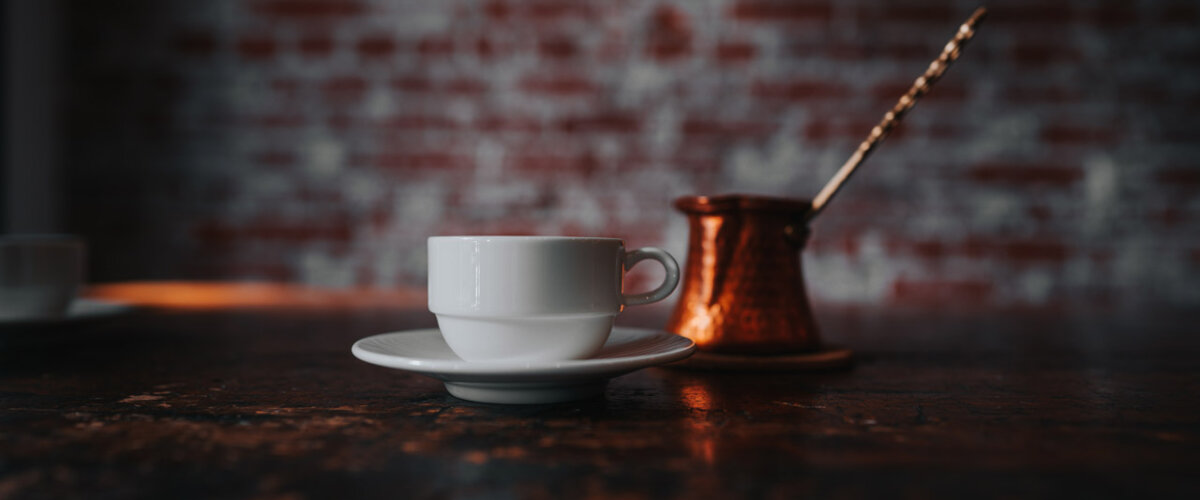

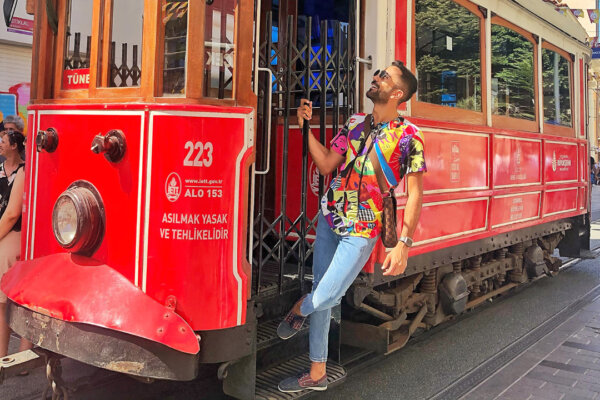
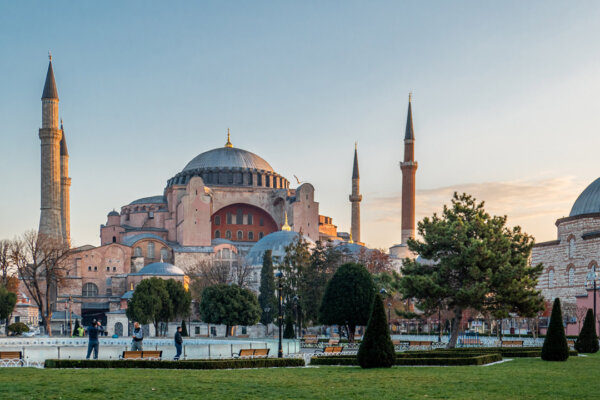
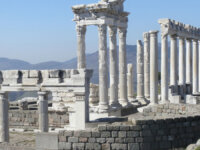



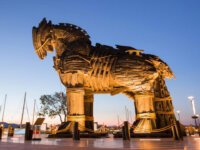
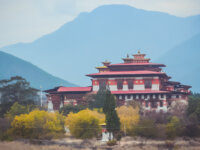

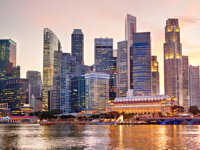



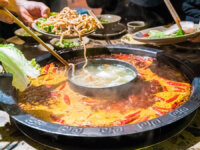

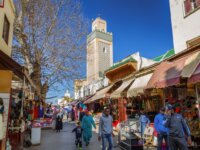


[…] Readmore: The Great Mosque of Hagia Sophia in Turkey – Everything You Need to Know. […]